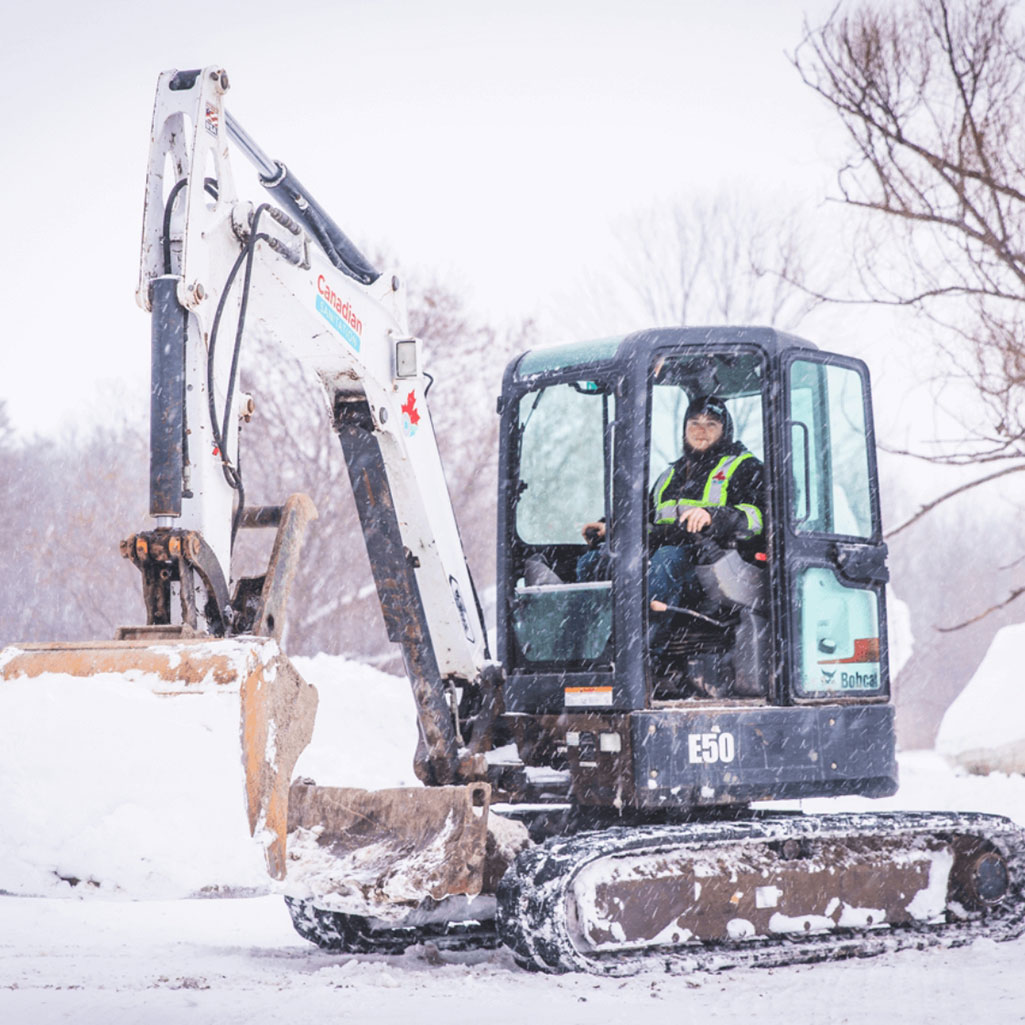Why You May Need to Replace Your Septic Tank
Septic tanks are built to last, but even the most durable systems don’t last forever. On average, a septic system may last anywhere from 15 to 40 years and beyond, depending on maintenance and how it’s used. Older systems on rural properties or cottages may begin to fail as components deteriorate. However, even newer systems can suffer damage from misuse or neglect. Common causes of premature failure include:
- Wastewater Overload – A septic system is designed to manage a certain amount of wastewater daily. When this limit is exceeded, it may lead to blockages, backups, and eventual failure.
- Lack Of Regular Maintenance – If a septic tank isn’t pumped out every 2–3 years, solids can build up and cause clogging in the inlet and outlet pipes or overflow into the leaching bed.
- Flushing Non-Biodegradable Items – Materials like wipes, grease, feminine hygiene products, or floss don’t break down properly and can quickly clog or damage your system.
- Heavy Loads On The System – Septic tanks and leaching beds aren’t built to handle weight. Parking vehicles, placing sheds, or installing pools over your system can cause it to crack or collapse.
There are three elements to septic tank alarms: a float or level monitoring system to detect how high the wastewater level is, a visual component, and a buzzer. A septic alarm is a simple yet effective device that can save you hundreds and thousands of dollars in property damages and repairs, whether you have an old or new system.



